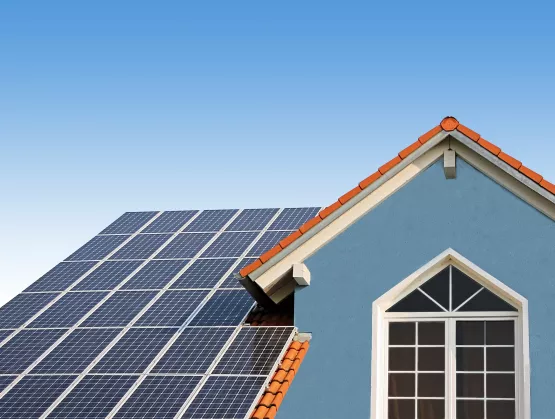
The solar energy sector shined in a global renewable energy market that maintained steady growth last year despite the United States’ stunning withdrawal from the Paris Agreement. Solar panel costs dropped to an all-time low, driving global demand that surpassed the 100GW mark for the first time on the strength of standout annual 26 percent growth.
In 2016, Taiwan began to redouble its transition to renewable energy, most notably phasing out nuclear power as the region increases its reliance on climate-friendly energy sources and seeks more foreign investment, moves it hopes will also boost economic growth and create more jobs.
With its land space constraints, the region is fertile ground for rooftop photovoltaic system (PV) systems. So the Taiwan government laid out on ambitious plan to achieve 3,000MW of installed capacity by 2020 – enough to supply electricity for 1 million households while improving air quality, help spruce up the urban landscape and generate jobs.
The SEMI Taiwan Energy Group fully backs the government renewable-energy policy. Earlier this year, the group gathered more than 200 industry professionals and government officials to explore challenges and opportunities in deploying more rooftop PV systems. Here are key takeaways from the conference.
Infrastructure Reliability Key to High Return on Investment
Size, reliability and safety are touchstones of rooftop PV system design. To make the best use of space, reduce the cost per kWh, and ensure a long-term, stable supply of electric energy, the PC modules must be:
- Compact to fit within limited rooftop space
- Robust to endure extreme temperatures over long periods; resist fire, salt and water damage; and ensure safe, reliable operation
Financial Institutions Play Important Role
In response to the government energy policy, domestic financial institutions have funded select projects or issued bonds and derivative products to support the development of Taiwan’s renewables industry. A key part of these efforts is to evaluate risks in areas such as system module safety, technology and design maturity, energy-generating efficiency and maintenance costs.
Circular Economy = Green World
Energy storage systems are maturing rapidly to support expanding markets for renewable energy products. Demand for renewable energy systems for homes is growing, fueled in part by low prices, and the adoption of electric vehicles continues to rise as advances in energy storage technology drive down costs and enable longer ranges. At the current pace of technology development, the world could be using 100 percent renewable energy as soon as 2025. However, a pollution-free environment will only be possible with the development of a circular economy – one that regenerates and reuses energy resources.
To that end, the SEMI Taiwan Energy Group this year will transform the 11-year-old PV Taiwan exhibition into Energy Taiwan, Taiwan’s largest international platform for facilitating communication and collaboration of the entire renewable energy ecosystem. Exhibition themes will range from solar energy, wind energy, hydrogen energy and fuel cells to green transportation, smart energy storage and green finance. The event reflects the consolidation of the SEMI Taiwan Energy Group’s growing resources and its commitment to a circular economy free of fossil fuels.
Emmy Yi is a senior marketing specialist at SEMI Taiwan.